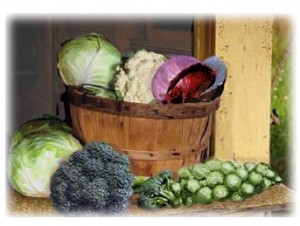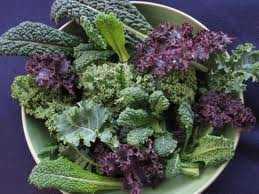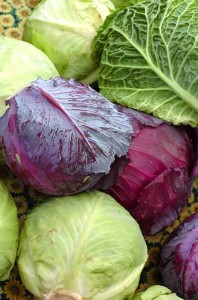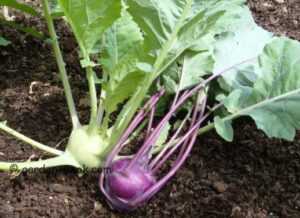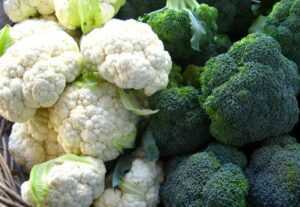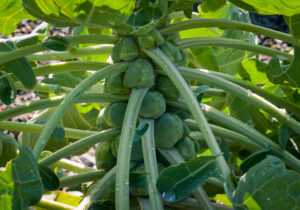This week we launch cooperation with two new cottage industries – both new to Chubeza, but not at all newbies in their own realms.

LIN’S FARM (MESHEK LIN)
The Lin family are renowned beekeepers from Kfar Bilu, where their founding-member grandparents set up beehives on their farm some 50 years ago. From that time on, the family farm has been producing honey and other beehive products. Beyond producing honey, the bees of the Lin hives serve as pollinators in the fields. The Lin Farm now boasts a Visitor’s Center to give you a closeup view of the fascinating world of bees, hives, honey, nectar and flowers.
Over the years, the Lin Family expanded to produce additional natural products. Chubeza is delighted to offer you their very special tahina, made from 100% whole Ethiopian sesame that underwent a short pre-sprouting before being coarsely ground by millstone. The result: dark, thick tahina with a delicious rich, nutty taste.

THE ELAZAR FARM (MESHEK ELAZAR)
The Elazar Farm is also a family farm establishment, which actually consists of two farms – the longtime Golomb family farm, and that of the next generation, the Elazar Farm. For over forty years, Anat and Shalom Golomb have been growing organic vegetables and dates in Moshav Paran in the Arava. Sixteen years ago, their daughter Aya and her partner Elazar joined the effort by growing organic peppers and dates on their farm.
Chubeza is now offering this year’s “first fruits” to be harvested on the farm: the Majhol and Barhi dates, as we greatly look forward to enjoying the Dekel Nur variety which is next to be harvested. Elazar Farm’s dates are distinctive in their taste and juiciness thanks to being picked around a week before being fully dried, thus the fruit still holds a softness and sweetness somewhere between fresh and dried fruit. Highly recommended, along with a warning: eating these delectable dates can be habit-forming…
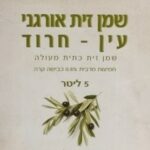
Even the veteran growers working with Chubeza for years have new innovations:
You and I both know the very distinctive, high-quality refined organic olive oil from Kibbutz Ein Harod. From now on, you can also add a 5-liter container of this wonderful olive oil to be delivered with your next Chubeza box.
Add Meshek Lin’s very special tahini, the delectable dates of Meshek Elazar, the high-quality olive oil of Ein Harod, and the many other distinctive, delicious “homegrown” products via our Order System to be delivered in your Chubeza box.
_____________________________________________
“The family is the natural and fundamental group unit of society and is entitled to protection by society and the State.” Article 16 of the Universal Declaration of Human Rights
These are days fraught with thoughts about family, about families now divided between Israel and Gaza, about those who have lost a beloved family member, about families reunited after long days of insane worry, and of families whose father, mother, son, or daughter are far away on the battlefield.
In honor of all these families, we dedicate this week’s Newsletter to a distinguished family of the Winter Kings in Chubeza’s field: the Brassicae family.
This diverse family runs the gamut of preferences and developments in plants: leaves, flower buds, and thickened stems. They all need fertile and fertilized earth, and in return they provide us with a heaping portion of health, nutrition and flavor. Not to mention beauty: take the cauliflower for example, with it shining white crown, or a purple or green rain-dotted head of cabbage, or Brussel sprouts which seem to be racing up the stem to reach the top. This stunning pluralistic diversity is heartwarming – look at this family accepting each and every variation and tendency, manner of development, characteristic colors and precise flavor. With Hanukah celebrations upon us as we gather with our own varied family members, the Brassicae family is worth a thought or two.
Granted, this branched-out developing took some time, during which each member of the family found the right rhythm to beat to. This happened mainly thanks to the curiosity and self-confidence of loyal farmers, during times when everything was much slower and patience was abundant (what other choice did they have?). Changes and developments were achieved by hard work and sweat of the brow, which perhaps led to a fuller, more significant satisfaction with the positive results.
Today’s pace of change and discovery is much swifter than it once was, but even in the distant, primitive past, farmers constantly refined their crops. Actually, many of the most amazing changes in species development came not as a result of structured research, but rather out of the simple act of a farmer choosing and collecting seeds from the plants s/he favored over seeds from less-desired plants. This straightforward act of promoting one plant over another had a profound effect on the improvement and change of a specific harvest or species. Long before wo/man understood the genetics of plants, their actions brought about small, slow variations in the crops, which compounded over time until they generated visible results.
The Brassicae (or “cabbage”) family is a perfect example. All family members derive from one wild plant, the brassica oleracea, which originated in the Mediterranean area and resembles the canola in appearance. At some point after the plant was cultivated, people began growing it for its leaves. Since they consumed the leaves, it made sense to choose the plants that produced the largest leaves. As a result, those leaves became bigger and bigger, eventually creating the plant we now know as kale or collard. Kale’s botanical name is var. acephala, translating to “a headless cabbage.”
Others preferred plants that produced small, denser and more delicate leaves in the plant’s center at the head of the stem, hence advancing plants with those characteristics. Over the seasons, the process of compacting became more and more prominent in such plants. Over the years, it grew and evolved into a real “head of leaves” which we call cabbage, whose actual title is var. capitata, “a cabbage with a head.”
Around the same time in today’s Germany, farmers preferred short, thick-stemmed kale. They ate the actual stem, and gradually, by choosing plants with a tendency for thick stems, the former cabbage began to alter its greatly-thickened stem. This turned into kohlrabi, which earned the name var. caulorapa, meaning “a stem turnip.”
Over the past thousand years, wo/man also developed a passion for the undeveloped flower buds of the cabbage, and chose the plants that produced large-bloom heads. This is how we got cauliflower and broccoli, both different variations of an undeveloped cabbage plant. Cauliflower is var. botrytis, meaning “cluster,” for its resemblance to a cluster of grapes. Broccoli, which was developed in Italy, earned the title var. italica.
And, as for the last member of this extended family: we each have our own individual taste, and apparently there were those (most probably the Belgians) who preferred plants that developed an assemblage of dense leaves along the stems. They chose and re-chose plants that produced this sort of leaf shape, and thus brought the world Brussels sprouts, titled var. germmifera “the cabbage with gems.”
Thus, this winding familial tale demonstrates that without a systematic education in genetics or plant propagation, but via a simple process of seed selection and a lot of patience, more than six distinctive vegetables have developed over the past 7000 years. Small, everyday miracles. They happen in the best of families.
Wishing you all a week of good tidings, of patience and fortitude, and that despite the fluctuations of both weather and mood, the rich blessings of rain and so much more will soon arrive.
Alon, Bat-Ami, Dror, and the entire Chubeza team
______________________________________________________
WHAT’S JOINING THE CABBAGE FAMILY IN THIS WEEK’S BOXES?
A reminder that we are in the midst of a cucumber shortage in Chubeza’s field along with the entire local organic market. When we are unable to obtain cucumbers from other growers, some Chubeza boxes will contain bell peppers instead of cucumbers. We hope for the speedy return of the cucumber!
Monday: Scallions/celery, lettuce, Swiss chard/ spinach, baby radishes/daikon, carrots, cabbage/broccoli, sweet potatoes, parsley/coriander, tomatoes, cucumbers/bell peppers.
Small boxes only: Arugula/tatsoi/kale.
Large box, in addition: Eggplants/slice of pumpkin, fennel/turnips/Jerusalem artichokes, long Thai lubia beans/short Iraqi lubia/yellow or green string beans, beets/kohlrabi.
FRUIT BOXES: Oranges/red grapefruit/clementinas/pomelit, kiwi, avocados, pomegranites/bananas.
Wednesday: Scallions/fresh onions, lettuce, Swiss chard/spinach, carrots, cabbage/broccoli, sweet potatoes/Jerusalem artichokes, parsley/coriander/dill, tomatoes, cucumbers/bell peppers, arugula/tatsoi/kale, long Thai lubia beans/short Iraqi lubia/yellow or green string beans/popcorn.
Large box, in addition: Slice of pumpkin/fennel/turnips/baby radishes/daikon, beets, celery
FRUIT BOXES: Oranges/clementinas/pomelit, kiwi, avocados, pomegranites/bananas.

